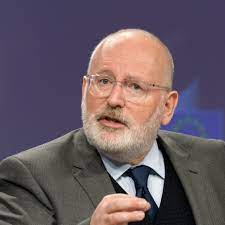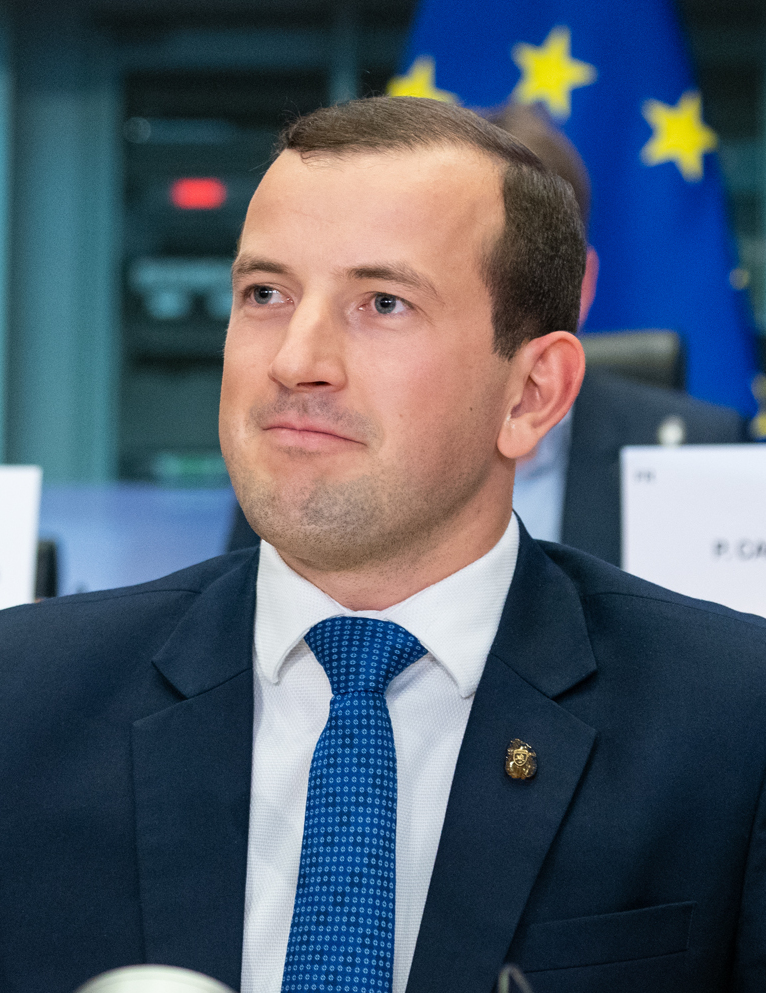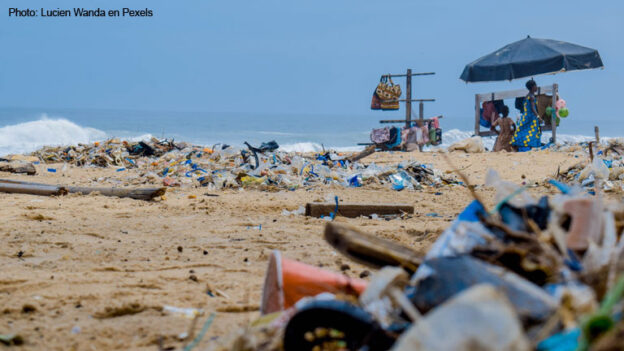This week, the European Commission approved the European (EU) Action Plan: “Towards Zero Pollution for Air, Water and Soil”. Indeed, it is a commitment to the European Green Pact and this year’s main theme is “EU Green Week”.
As it cannot be otherwise, it establishes a prospect for the year 2050 based on a world where pollution is reduced to levels that are not harmful both to society and natural ecosystems.
And to achieve this, the plan includes all relevant EU policies for addressing and preventing pollution, with a special focus on digital solutions.
Frans Timmermans, Executive Vice President of the European Green Deal
“The Green Deal aims to build a healthy planet for all. To provide a toxic-free environment for people and planet, we have to act now. This plan will guide our work to get there. New green technologies already here can help reduce pollution and offer new business opportunities. Europe’s efforts to build back a cleaner, fairer, and more sustainable economy must likewise contribute to achieving the zero-pollution ambition“

In order to guide the EU towards the 2050 target, it sets key targets for 2030:
- Improving air quality to reduce premature deaths from air pollution by 55 percent;
- improving water quality by reducing waste, marine plastics (50%) and microplastics (30%);
- Improve soil quality by reducing nutrient loss and chemical pesticide usage (50%)
- Reducing EU ecosystems by 25% when atmospheric pollution threatens biodiversity;
- Reduce the proportion of people chronically affected by travel noise by 30%;
- 50 % reduction in waste generation and residual municipal waste.
Virginijus Sinkevičius, Commissioner for the Environment, Oceans and Fisheries
“Environmental pollution negatively affects our health, especially the most vulnerable and socially deprived groups, and is also one of the main drivers of biodiversity loss. The case for the EU to lead the global fight against pollution is today stronger than ever. With the Zero Pollution Action Plan, we will create a healthy living environment for Europeans, contribute to a resilient recovery and boost transition to a clean, circular and climate neutral economy“

Likewise, the Plan describes a series of representative initiatives and actions, which include:
- Align air quality standards in accordance with World Health Organization recommendations;
- Addressing water quality standards, including rivers and seas;
- Reduce soil pollution and improving its restoration;
- Review most EU waste laws to align them with clean and circular economy principles;
- Promote zero pollution of production and consumption;
- Present a scoreboard of the ecological performance of the EU regions to promote zero pollution in all regions;
- Reduce health inequalities caused by the disproportionate share of adverse health impacts now borne by the most vulnerable;
- Reduce the EU’s external pollution footprint restricting the export of products and wastes that have toxic and harmful impacts in third countries;
- Launch of Living Labs for smart green and zero pollution digital solutions;
- Consolidate the EU zero pollution knowledge centres and bring stakeholders together on the zero-pollution stakeholder platform;
- Stricter enforcement of zero pollution in conjunction with environmental and other authorities.
In summary, the EU continues to launch tools and strategies to improve both people’s and ecosystem health. And Project CONSOLE clearly contributes to those objectives.
